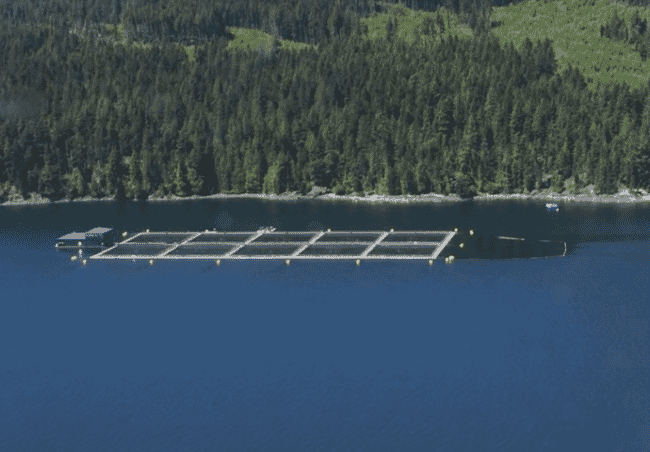
The detection of eDNA, defined as any trace or fragment of DNA released from an organism into the environment, is becoming an attractive tool in tackling pathogens due to its noninvasive approach and relatively low cost for sample collection and species monitoring.
Genome BC has funded a project looking into the early detection of kudoa – a parasite that can have appreciable economic impacts on the BC fisheries and aquaculture industry by decimating flesh quality.
Due to the nature of the parasite and the enzymatic liquefying of fillets, the parasite lies undetected until production endpoint, resulting in the costly wastage of farmed Atlantic salmon and some wild caught species, such as hake.
Led by Dr Wyth Marshall from the BC Centre for Aquatic Health Sciences and Tiffany MacWilliam from Mowi Canada West, researchers are looking to the novel application of Digital PCR to measure eDNA in aquatic microbes. In a project entitled “Application of digital PCR to measure eDNA from waterborne spores of an endemic fish parasite affecting farmed Atlantic salmon” researchers will enhance the likelihood of earlier detection of these parasites and reduce the damage from Kudoa infections, thus improving management of aquatic resources and increasing the adoption of this novel technology within the industry.
“We are really excited for this opportunity to add digital PCR technology as a new tool to reduce the impacts of Kudoa infections on the production of salmon,” said Dr Marshall. “The strength of this technology is its capability to provide numerical abundance data which we can use to understand the ecology of very tiny or microscopic organisms that affect farming efficiency. The platform is broadly applicable and will improve understanding of the distributions and drivers of abundances of parasites like Kudoa, as well as other microbes that are detrimental to fish health, such as harmful plankton and jellyfish.”
“eDNA has unique applications and we are only just beginning to realize the potential of this novel approach to analysis and sampling,” says Dr. Lisey Mascarenhas, sector director, agrifood and natural resources at Genome BC. “We are also very pleased to support applied research that enhances the awareness, adoption, and operationalization of genomic solutions for the benefit of key economic sectors in BC.”
This project is funded through Genome BC’s Sector Innovation Program which aims to support projects that will address the needs of each key sector and have the potential to generate social, environmental and economic benefits for British Columbia in the future.


